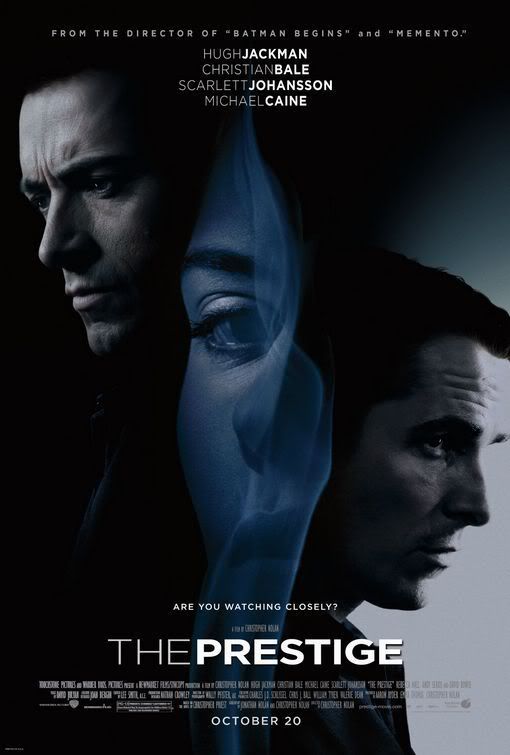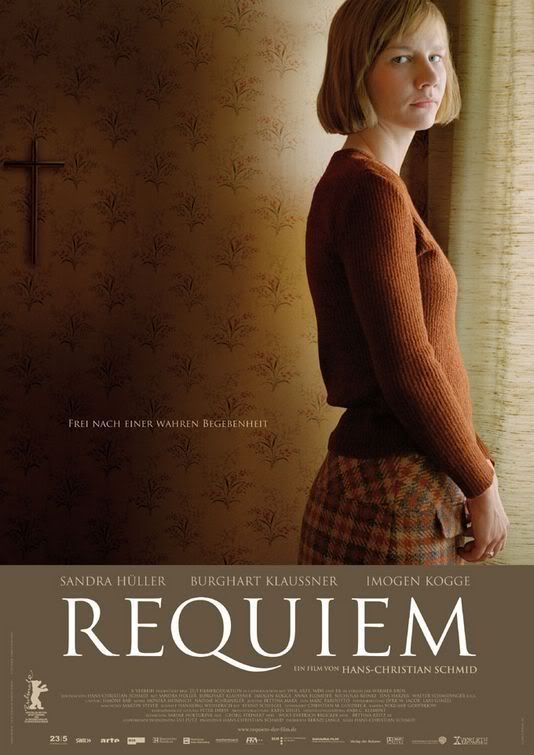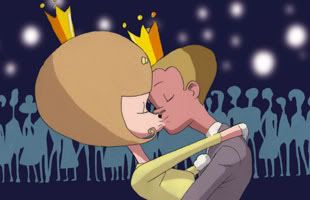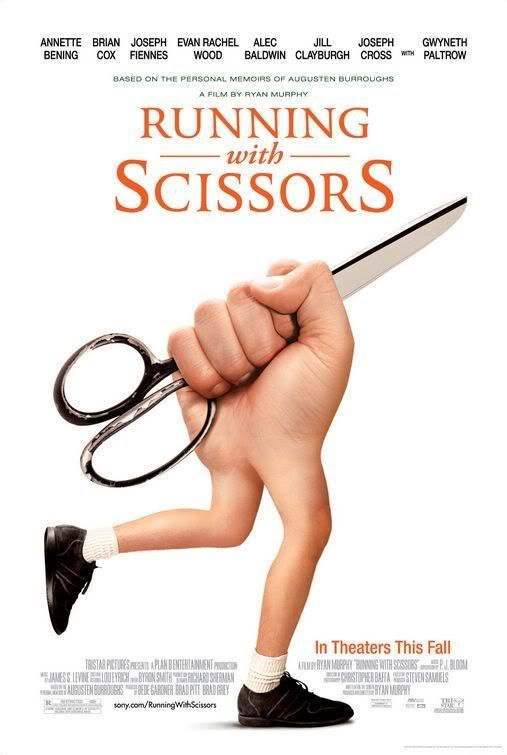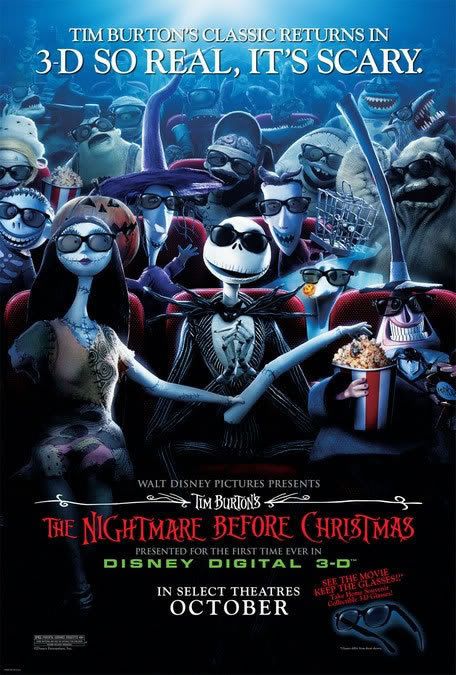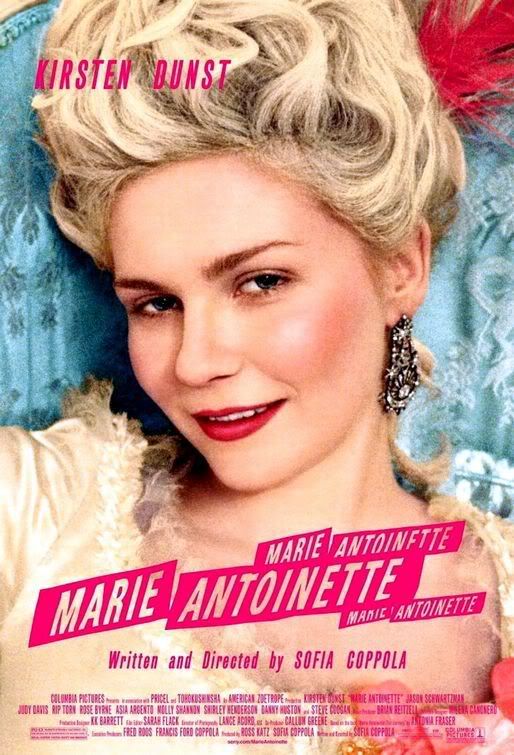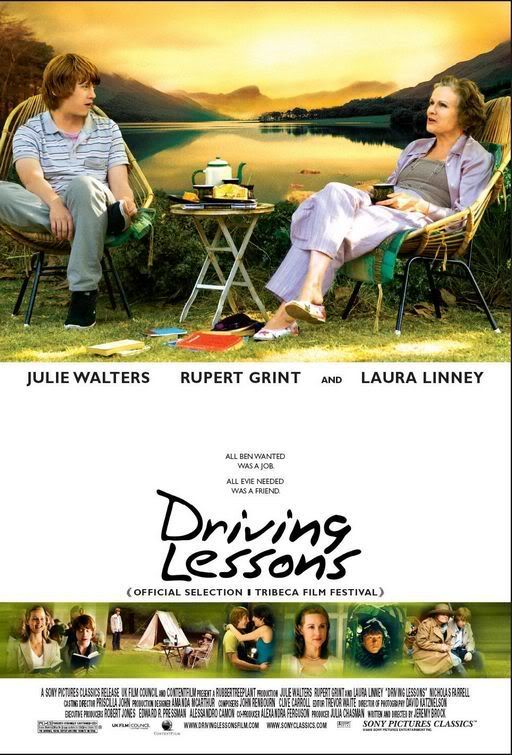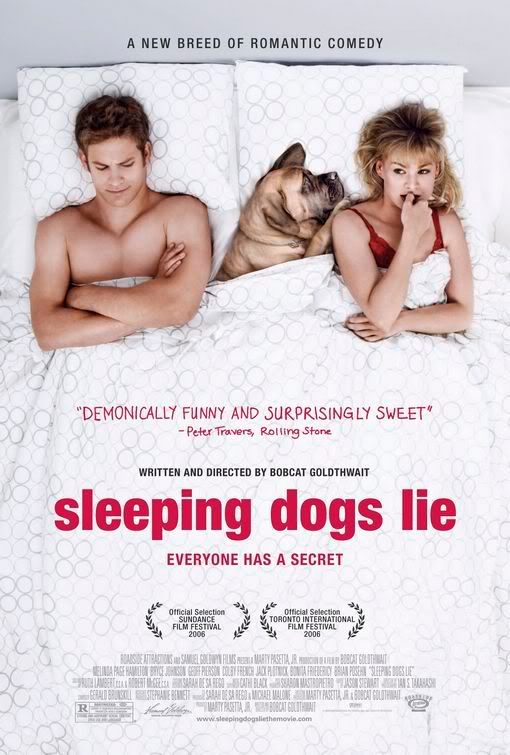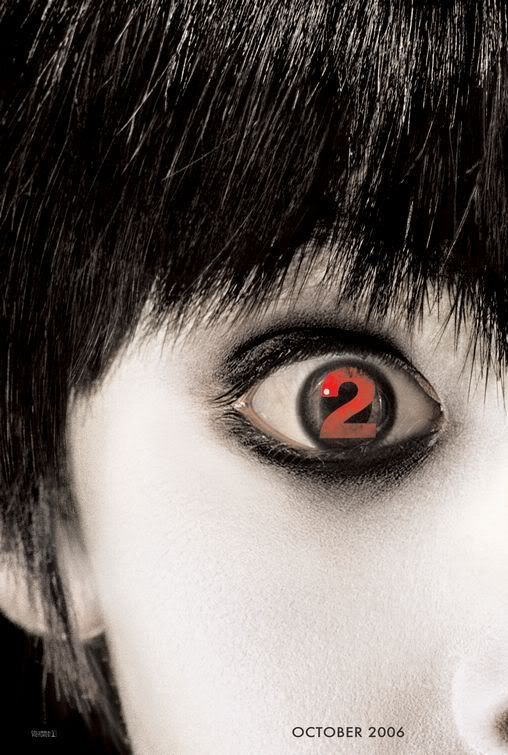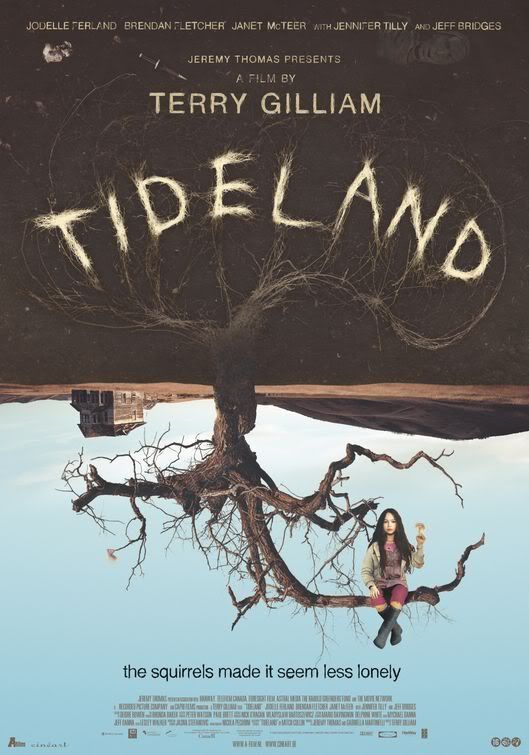Man of the Year
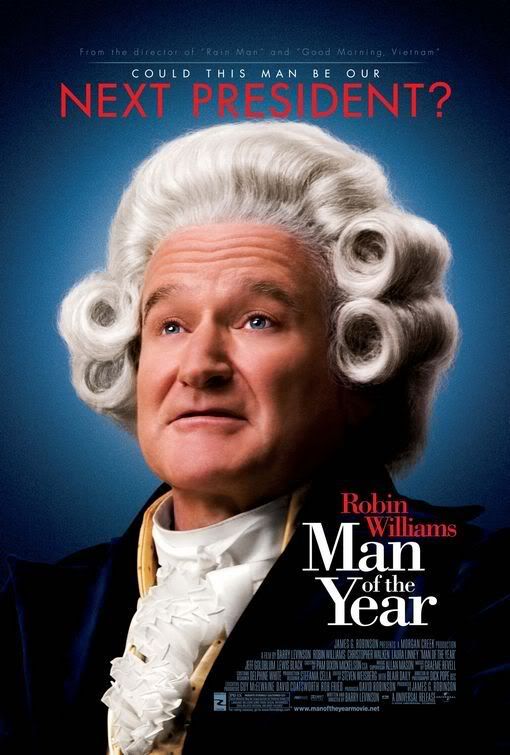 Man of the Year *1/2
Man of the Year *1/2The concept behind "Man of the Year" is simple: What would happen if a comedian became our next president? And in the world that we live in today, it seems like more people follow the preaching of those like Jon Stewart and Al Franken, and express extreme hatred towards our actual political leaders. And this is why it seemed that "Man of the Year" would be a lot of fun. To start it off, it's directed by Barry Levinson, whose political satires have been A+ for years now. Then there is Robin Williams, who when is allowed to be himself through his comedy is legend. And the topics were dead on related to the world we live in. So, what exactly was wrong with "Man of the Year"?
We actually start the story in the middle. In a short introduction, we learn that funny man Tom Dobbs ended up deciding to campaign for President of the United States. On his weekly talk show, he has so many comments towards the way that the country is run, that an audience member simply suggests that he try to make the world better. And so he gets a large van, and begins the campaign tour, never spending a single cent on advertisement. He believes that it doesn't make sense for politicians to spend millions of dollars on a campaign, and then bailing out when it comes to spending money for the "big issues"-education, health care, environmental issues, etc. Come election day, everybody is in for a big surprise when Dobbs ends up winning. That's correct, the country will now be run by a comedian. But that is when Eleanor Green ends up getting suspicious. She works for a company that has just released a new computer form of voting, and she unmasks a conspiracy which reveals that the votes are accidentally organized in a way that for every certain number of votes, the candidate that is alphabetized first ends up getting an unfair advantage. Tom Dobbs does not really deserve to be the president, and she is determined to tell him. However, the company is doing everything that they can to stop her from ruining the company.
"Man of the Year" does not know if it wants to be a comedy or a dramatic thriller, so it decides that it could be both. The first hour, pre election day, is mostly Williams being Williams. Going around, giving speeches, and doing his own comedic rantings, maybe a little more cleaner. During these times, it isn't anywhere near tolerable, but it has one or two funny moments. And then the second hour drifts into much more darker territory, and that is where it lost me completely. There was a drug subplot, car chases, even the cinematography got an entire shade darker. I believe that Dobbs campaign manager ends up getting a heart attack, or comes down with some kind of disease, I can't remember exactly what it was. And there even tries to be some humor in this section, and it doesn't seem to work at all. It goes from thriller to comedy without any flow at all. It simply did not work. I left with the feeling that the original script Levinson wrote was vastly different from the finished product. As if Williams came in mid way, and they decided to make it slightly comedic to fit his profile. "Man of the Year" should have been either
a) A straight comedic political satire about what happens when a comedian goes into office, and how it affects America.
b) A political thriller about the extent that big corporations will go to prevent themselves from being ruined, even if it leaves America in the hands of a comedian to be their leader.
By meshing these two concepts together, Levinson has created a mess of a movie. I suppose that you can say that the problem was the marketing. The commercials and ads advertised this as a straight comedy, which is what I expected. They failed to mention the serious side to it. But even if comedy is what I expected and drama is what I got, that is not the problem. The problem is the flow, and how the thriller portions seems completely out of place. The core of the problem lays in the script. Williams is acceptable, but it's obvious that his best lines were not even in the script. A perfectly fine concept ruined by far too many ideas. This is something that needed to find a genre, and to stick with that genre. And it's a shame, because Levinson needed something after the horror that was "Envy."
